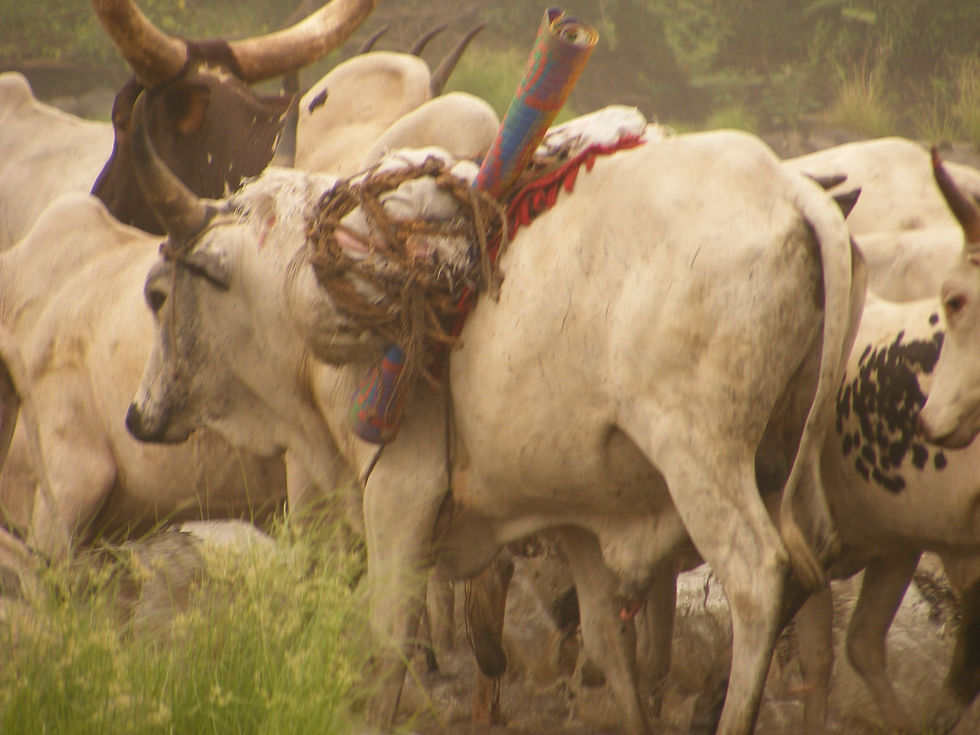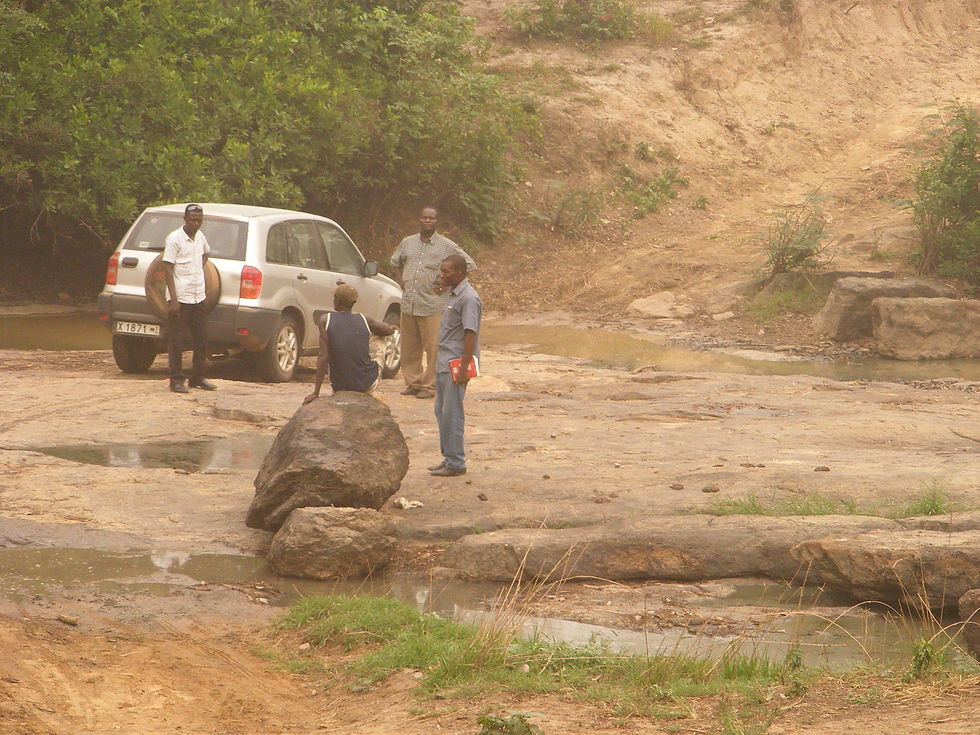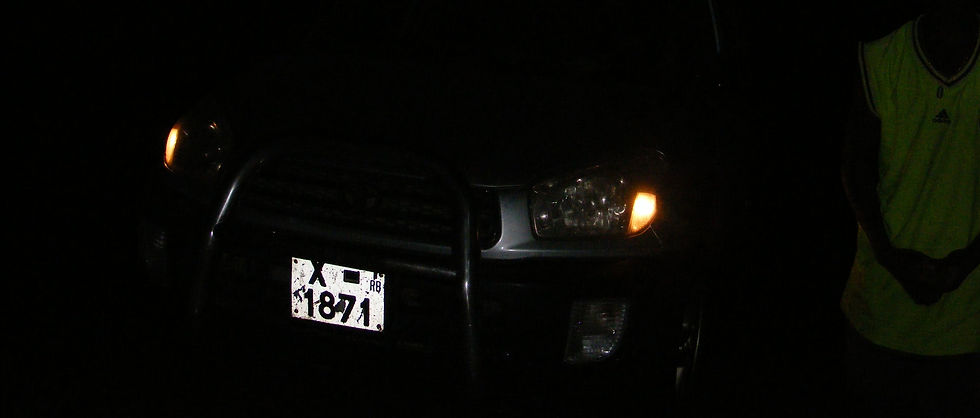
Every Monday I start thinking about what I will include in each week’s blog with the strong intention of starting on that day. I rarely do, finding any excuse to delay, generally starting only on the Tuesday with a deadline for the first draft by Wednesday evening. Thursday; first edit by Janine, my daughter, with a couple of read through reviews prior to posting on Friday. I set myself a unilateral deadline of 10 pm on Fridays, no matter the other events in that week, nor the time zone I am in. Purely for self-discipline as I am really a lazy bugger. My father was the first to tell me so, especially when reviewing my report cards from school. My grandfather in Campbeltown used to tell me to at the very least take my hands out of my pockets if I was too lazy to lift my feet when walking, otherwise, I may well do damage to my face when I fall.
I know it is only a ten to fifteen-minute read but it takes me about six to eight hours to put together, not including any thinking (reminiscing) time during the night. Three o’clock in the morning seems the clearest time for my historical thoughts. I often lie awake on Monday and Tuesday nights, I blame the blog as work is no longer an issue. Timelines or dates of events are extremely hard to recall, mainly in the years when we were on call-up. Each event and call-up seems to merge into the other. Some individuals were present throughout while many came and went. As we are now up to 1976, we had lost numbers and my company was now ‘E’ having shed ‘F’, ‘G’ and’ ‘H.’ Faces were becoming much more familiar while many old comrades had departed.
In correction to last week’s blog, Bruce Thompson, who was involved in the contact I spoke about last week, corrected me on the numbers of his stick and the other members' names. I know many of my old friends read my blog and I would appreciate corrections or incidents of significance you think I should mention. I have learnt that sometimes things of little significance to me are major to others. This too nudges my memory.
“If only I could remember all I have learnt I would be a wise old man.” - Peter McSporran.
With regard to friends in the war years, we made many friends, these I deem comrades and following the war, some keep in touch. When you knew someone from the army it made it easy to recommend someone for a job in the future or on occasion employ someone yourself. Army friends are different from civilian friends. For a start, they were all male, and within the army, there are few secrets. I should say there were regular army women at headquarters and some of the JOC field bases. Of course, we all came from varied walks of life, even social backgrounds. The army does not give a shit where you come from once you have completed your training. Before, it may pre-judge you on your social background, post-training; you’re all the same except for rank, which, as we all know is only recognised in the army. Respect for the individual in the army has to be won, unlike the respect you have to show to the rank. Many with rank in the army were looked on with disdain while some with no rank were highly regarded. Why do so many people in life believe they are due respect just because of their position? Politicians and bad line managers are the worst offenders. On second thought maybe not as bad as office-bearers in voluntary associations and clubs.
“You can respect a friend even if your views differ in politics and religion. These subjects can divide families, let alone friends. They are definitely to be avoided when ‘drink’ is involved.” - Peter McSporran
The army was a great place of learning about others' lives. You would sit for many hours in observation posts on top of some hill or kopje whispering bullshit about home life and work experiences. Miners, bankers, civil servants, geologists you name it, we learned how they lead their life. Miners I thought had the worst life. Working underground and it seemed when you were down there on shift work your female partners led a wild old life on the surface. Perhaps it was just soldier tales.
“Soldiers rarely boast about their prowess in battle when together, they are more likely to flout their achievements in bed.” - Peter McSporran
During the war as farm managers, civilian friends were mostly neighbours and their management employees. To be honest, farm children had black friends but as they grew up each separated into the then expected but not compulsory social divides. Naturally, farmers' wives took pity on young farm assistants making sure they were invited round for a meal every now and again easing their responsibility conscience and ensuring you met their daughters if they had any. Strangely, even in the 70s in Rhodesia, many girls went into nursing, secretarial or banking rather than attend the University of Rhodesia. In those days fathers used to say, “Why send my daughter to university when in a few years she will get married and dedicate her life to her husband and kids?” Farmers' sons were expected to become farmers and farmers' daughters were expected to become farmers' wives.
On becoming a farm owner and with the end of the war, friendship became more diverse while more selective. Up to the end of the war, farming neighbours were both friends and comrades. Following the war, new friends were made through business, farming events, and organised social events such as agricultural shows and field days not forgetting sport, watching rather than participating as the ageing process progressed. For me, business friends were included and in my case friends through farming politics, fishing trip introductions, business and cattle show judging. Some people became friends in view of the fact you respected them, others because you had a common cause or interest. It was said that sailors have girlfriends in every port, I had friends in every province of Zimbabwe. Some of them have really stuck over the years, the Meikles in Manicaland, the Heins in Midlands and the Wildes in Matebeland to mention a few.
I should also remark, as a compulsive and pleasant duty when I return to Africa to try and see as many of my old friends as possible. Top of this list is the Steyns, Marais, Clements, Moorcrofts, Duncans, Irvines and Bakers.
I was also fortunate that many of my own employees became close friends, as I had become friends of my only two bosses in Rhodesia. I think I have chatted enough about friends. Friends are much more than contact on Facebook, they are authentic, although Facebook is an easy way for a lazy man to keep in touch.
I am going through my medical reviews, bloods this week, scans on Monday. Meeting with the surgeon the following week, will I get an all-clear?
Numbers Correction
A couple of the people I mentioned in last week’s blog contacted me including the stick leader Bruce Thompson. Here is what he had to say;
“Gosh Peter when I first started reading about this ambush I was thinking this is similar to an ambush I was involved in on May 27th 1976 and sure enough it was.The booty included 8 land mines,8 SKS still in grease and some RPG 7 rockets.There were also many tins of drinking chocolate left by the Portuguese. Harrison the dead CT had those Mugabe posters in his jacket with the words attached This is the man Robert Mugabe in short Bob. We didn’t know about him in those days.”
I got most of it right, however, when I queried him on who the fourth man in the stick was, he said there were actually seven. All of whom I obviously knew but just could not remember being present. Four-man sticks were the norm, so possibly due to where we were operating, our numbers were increased or perhaps it was just before we regularly used choppers and because Fireforce had only just come into being that year. The helicopters could only take four troopies, so that dictated the stick size even for us territorials as we could be picked up and redeployed at any time especially when a ‘scene’ was on. A scene was normally a contact or some other incident such as a sighting. One of the guys in the stick that day, Andre Steynburg, was a miner from the Sinioa area who was the first to introduce me to that rare animal of the Zambezi, ‘Hippocrocoducks.’ Only seen under the influence of Brandewyn, of course not to be believed, as he was a miner.
Bruce gave me the exact date of this incident which helps me put other events into perspective. The contact he mentions was on the 27th of May 1976, not long after the start of continuous call-up. We were to do another two trips to the Southeast over the next few months.

Another date that comes to mind on the 3rd of July 1976 as these two events coincided with each other, we sprung an ambush in the Chikombedzi district. Hereafter in that area in many contacts, the CTs would fire a few mortars as a parting gift. Normally they would have been long gone in the Northeast. In this instance, it was a curfew breaker whose untimely death was brought about by his late-night drinking habits. With the advent of Fireforce, the CTs would learn not to hang around, but at that time we had no Fireforce support and in addition, they were not ZANLA but purported to be ZIPRA cadres, they were Joshua Inkomo’s supporters who were much better trained. Russian backing, not Chinese in this instance.
Anyway, the date remains in my mind as it fell on the same day of a much more significant event, the raid by Israel on Entebbe to free the hostages held there by Idi Amin. That being the 3rd of July 1976, so

between Bruce’s contact and that date, we must have had an R&R. During this R&R I moved from Insha Allah Farm to the Edwards’ farm, Chifumbi closer to Juru Township in Enterprise. I know this as it was where Diane and I first lived after we got married that September. By then I was on call-up back in the Northeast, we certainly got to see the country. In this interim period between July and September, we worked both sides of the main Salisbury-Johanessburg road in the Southeast out of Rutenga. In fact, we felt it would have been safer in the Northeast as the CTs were much more aggressive here in this new operational area often being the instigators of our contacts. So much for Brigadier Barnard’s prophecy of winning within months.
Another Brief Nigeria Visit
After reaching Parakou, we settled into what can only be considered amazing accommodation considering the isolation. It always astonishes me that from time to time in Africa you come across these unique establishments run either by some very enterprising local or as often is the case, some exile, presumably a black sheep from an ex-colonial family. Sometimes they are just adventurers wanting to be far from the maddening crowd. How lucky we were to find this basic but clean establishment happy to prepare reasonable food, although my travelling companion still had not the stomach for it. Benin is the home of Voodoo, but I did not hear their drums that night.

The first ranch we were to visit was approximately 16 kilometres southeast of the city of Parakou in the province of Borgou on an excellent gravel road. This ended at the farm and was well maintained most of the way as the main water source for the city was on the Northwest boundary on the Ouémé River which as it flows south becomes the Nigerian-Benin state boundary. After that, the roads were just reverted farm tracks with little or no maintenance. What was noticeable was the large number of cattle herded by Fulani Tribesmen, nomads from the Sahel coming from Burkina Faso and Niger. We were to learn many destined for the markets in the cities of Nigeria. Strangely, the local Benin breeds were humpless short-horned cattle while these Zebu-types from the north had humps and longhorns. The numbers were staggering and it was obvious the ranch boundaries meant nothing. The ranch's buildings while in poor repair had been built to very high standards. Their bullpens, although empty, would be showcased in Europe. Once on the ranch, we were handed over to the ranch manager to take a tour of the property some 30,000 hectares of unfenced bush with cattle tracks as roads. The ranch had only about eighty head of its own cattle remaining on this huge area. We were aware the ranch ran up to the Nigerian border, we were also aware the border area was bandit country so we should be cautious. I had GPS but as we were escorted by the ranch manager, we felt he would be aware of any possible danger and, importantly the ranch and state boundaries. This assumption was wrong on both counts. I should have got my GPS out of my bag at the start of our drive, not when we were already well and truly lost.

About midday we came to what must have been a tributary to the Ouémé River as we had already crossed the river just before entering the ranch. My travelling companion and I were convinced we had now travelled too far east, but our guide was insistent we had not reached the ranch boundary. Travelling was very slow and circuitous due to the roads, so time and distance in any direction became hazy, to say the least. The long and the short of it. I got the GPS out as our guide was obviously lost. Noticeably there were no Fulani or cattle to be seen. My GPS immediately indicated we were very far south and more importantly well inside Nigeria in renowned bandit country. Not a time to panic, but hysterics in some quarters were allowed. Because we were so far south if we wanted to get back to our accommodation that night, we would have to cross the Ouémé River rather than retracing our tracks, so we searched for the first trail heading west and took it.

Well after dark, I think it was about nine o’clock, we came to the river and the supposed crossing. Here we came across a number of people more surprised to see us than us to see them. In the dark, we could not even see their faces unless they came into the car's headlights which they were reluctant to do telling us to dim them so as not to attract attention. They informed us that we must leave the area as soon as possible as it was very dangerous. Obviously, nothing is so simple, is it? The river crossing was far too deep for the vehicle to traverse without flooding the engine’s air intakes. After much discussion we decided, with the help of our newfound friends that we would alight and semi-float-push the vehicle across the river with the engine switched off. Then the hysterics really started. What about crocodiles? I am sure they all had been eaten in that area by hungry locals. What about bandits? What about what? Needless to say, we got across the river and were relieved to have gotten back to Parakou very late that night, although we had missed dinner. These are the types of adventures that keep life interesting. I have been lucky enough to come through many unscathed.

Disclaimer: Copyright Peter McSporran. The content in this blog represents my personal views and does not reflect corporate entities.
Komentar